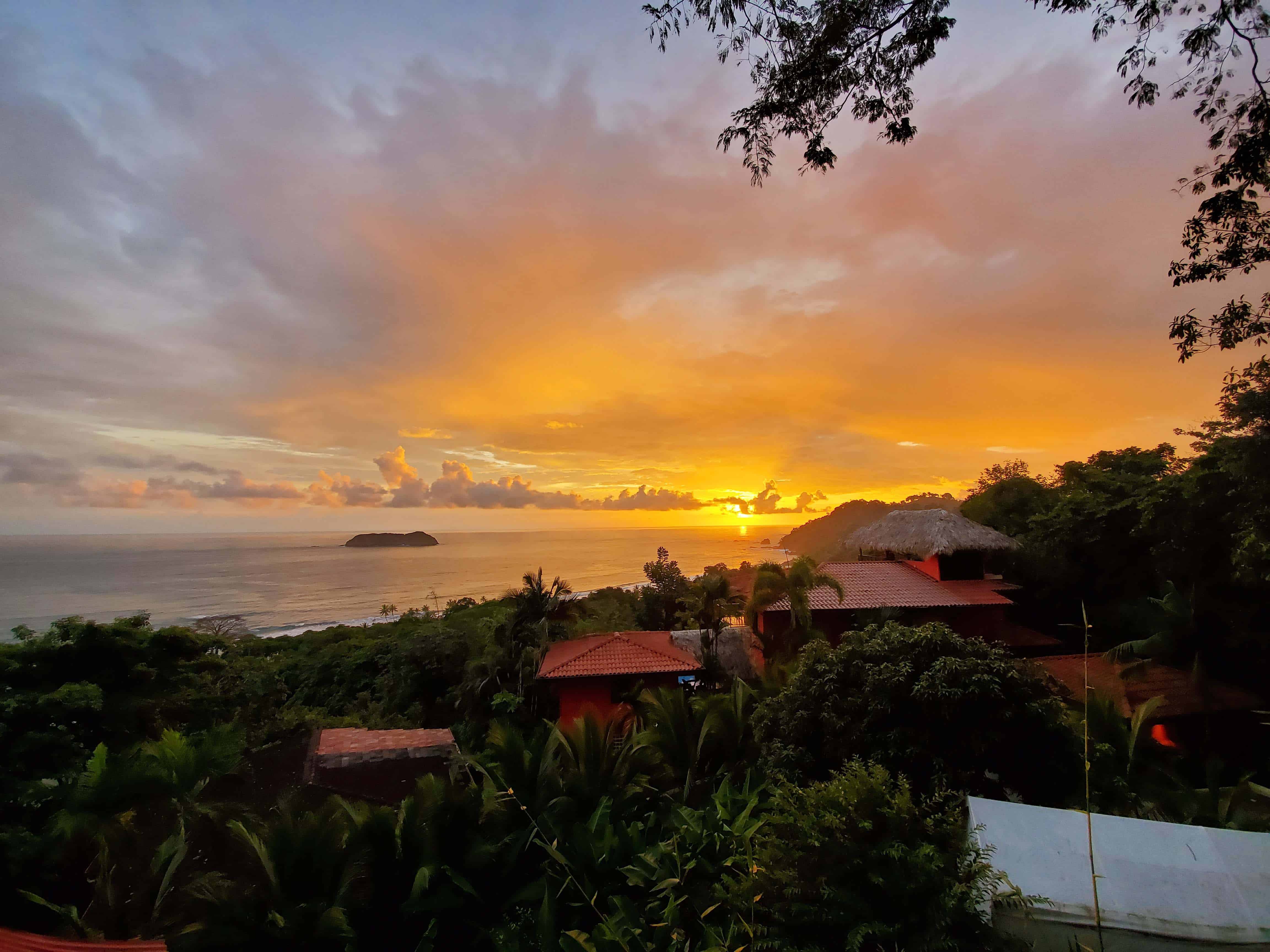A law project that would lower the minimum required investment to obtain Costa Rica residency has passed a second debate in the Legislative Assembly.
The bill received 40 votes in favor and eight against with nine abstentions in the 57-person Congress. It must be signed by President Carlos Alvarado before it can be published in La Gaceta — the official government newspaper — and made law.
Project 22.156 would reduce the minimum capital investment for Costa Rica residency from $200,000 to $150,000.
In addition, the bill contemplates incentives such as the tax-free importation of vehicles for personal or family use and a one-time tax exemption for importing household goods.
People who qualify can import “up to two land, air or sea transportation vehicles, for personal or family use, free of all import, customs and value added taxes,” the text reads.
Money earned abroad (e.g. a U.S. pension) would not be taxed by Costa Rica.
“This is a project that, through financial benefits, seeks to bring this type of people to live for some time in Costa Rica,” said lawmaker María Inés Solís, who previewed “greater dynamism and foreign investment.”
“This initiative provides a legal framework of incentives for foreigners with the status of resident investors, rentistas and pensioners and seeks to keep Costa Rica in their first choices as a destination of excellence.”
Critics of the project have argued the law lacks the safeguards to prevent criminal organizations from benefiting.
Outlier Legal translated a draft of the bill to English. You can read that here; note that some details have changed since their publication. A May version of the bill can be found here.






